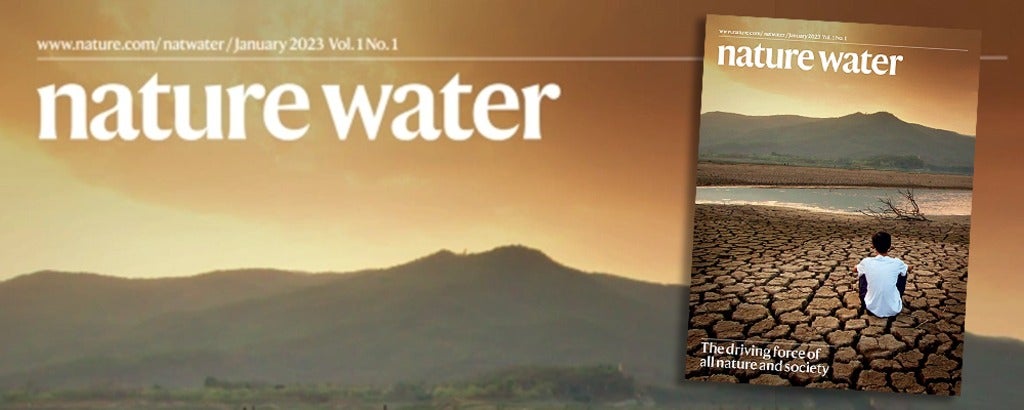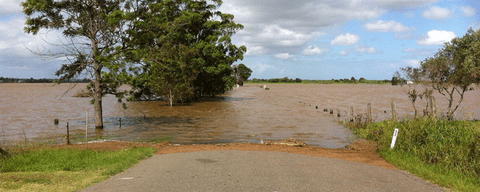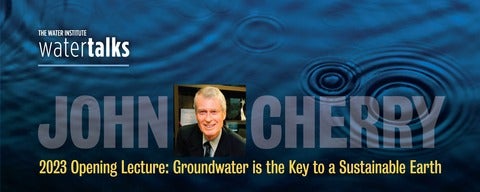Springer launches first issue of Nature Water
Springer Nature has launched Volume 1, Issue 1 of its latest Journal Nature Water,offering a new avenue for the publication of the latest research and discovery related to water resources.
Nature Water will be a monthly, exclusively online publication publishing world-class water research, spanning natural sciences, engineering and social sciences.









